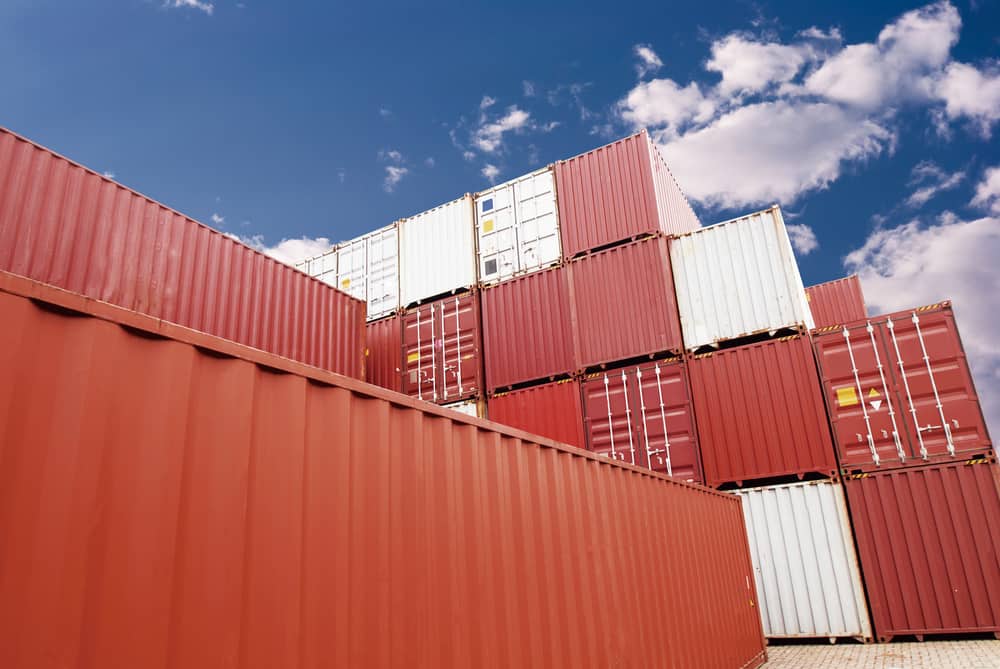Posted on Friday November 27, 2020
Shipping Update: Port Congestion

Over the last month it has been widely reported that there is a mounting congestion issue across UK ports, and particularly at Felixstowe, the UK’s busiest port. As an importer of textile goods, where the majority of our goods pass through UK ports, this has a number of implications which we at Vision are currently managing. The below points should help illustrate the extent of the issue:
- Delays at UK ports have been caused by a surge in import traffic as companies increased orders after the initial lockdown and some looked to stockpile goods before the end of the Brexit transition period. In addition, there are large orders of PPE added to the backlog of containers on the quayside.
- Due to the congestion at the ports, shipping firms have limited the amount of cargo they will bring to the UK, therefore restricting the available space for UK imports. This is resulting in some fright companies dramatically increasing their prices as demand outstrips supply. Meanwhile, empty containers waiting to be shipped back to Asia are causing traffic jams at ports across Europe and North America.
- Where ships are able to dock and unload, the issue is then getting the containers out of the port, as it is heavily congested, while ships unable to port are being diverted to Europe. This bottleneck issue at UK ports in one that is affecting all importers across all industries and is predicted to continue for well into 2021.
- The issues are not isolated to the UK either. Due to the shortage of containers and space, this has an ongoing impact on the manufacturing countries e.g. China, India, and Pakistan, including congestion at most of the main contacting ports such as Colombo in Sri Lanka. The ongoing issues of spikes in freight and Covid protocol are causing long delays when waiting for the mother vessels, increasing transits times by weeks or even a month. This is likely to also affect even direct orders to our international customers.
Throughout this time, Vision has worked hard to put steps in place, to help manage the situation. This includes:
- Making container bookings as early as possible. This tends to be 10 – 14 days in advance or as early as shipping lines allow.
- Building buffers into our lead times to take into account for the issues that are currently causing consistent delays.
- Constantly monitoring ETAs to be able to communicate updates as efficiently as possible.
- Increased communication with our logistics partners to enable us to revise logistic bookings as soon as we are aware of any issues.
- Where there are cancelled or failed deliveries, this is communicated to the relevant parts of our business to find an alternative solution.
Vision prides itself on its ability to serve the four corners of the world, through its vast overseas network of distribution and handling agents. With the help of these experienced partners, we believe we are best placed to deal with the current shipping/transport industry problem. Where our orders are affected, we will be engaging with our customers to inform them of the issues and to work with those customers to address the issue.
